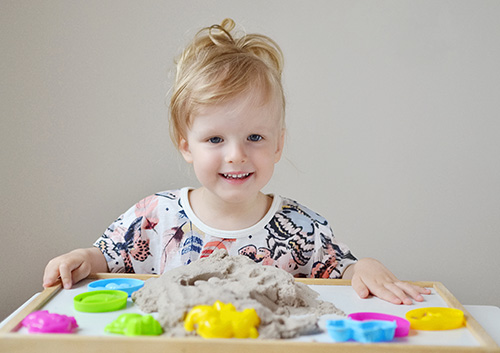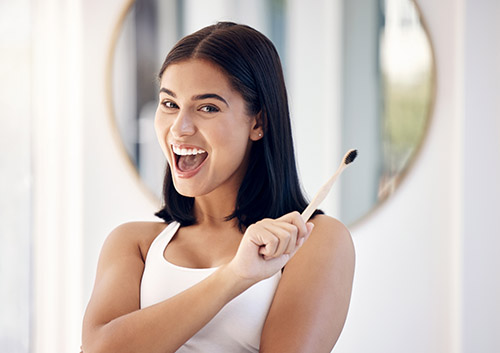Ask Us about These Dental Treatments
November 27th, 2024

There are a few dental treatments that Drs. Sidney and Jacob Kelly and our team recommend for all patients to get if they wish to protect their oral health. Sometimes it’s hard for patients to decide which treatment plan would be best for their teeth. Learn about these three must-have treatments and how they can help protect your teeth in various ways.
Professional Cleanings
First, get a professional dental cleaning every six months. Regular cleanings can protect you from potential gum disease because they enable us to catch it early.
Cleanings also will get rid of plaque and tartar that have collected on your teeth over time. Oral health has been linked to your body’s overall health. We recommend scheduling your appointments in advance: Feel free to contact our practice’s Roseville, CA location if you forget when you scheduled your next visit. Our staff will be happy to assist you.
Periodontal Exams
We also recommend that all our patients at Sidney D. Kelly, DMD Family and Cosmetic Dentistry receive a complete periodontal exam each year. You can ask about this during your regular, scheduled cleanings.
It’s a quick and painless procedure in which our hygienist probes each tooth to make sure the bone and soft tissue are healthy. If there’s a sign of infection, we will be able to treat it effectively before painful symptoms kick in.
Many adult patients are unaware that they have periodontal disease, and they may suffer the loss of a tooth if it goes untreated. Make sure you schedule a periodontal exam each year and save yourself a lot of time and pain.
Sealants
We also recommend dental sealants, particularly to protect your molars. Many people assume this treatment is just for kids to prevent cavities, but it can be used for adults too!
Sealants provide a protective barrier on your teeth that can help block against the buildup of plaque in those hard-to-reach areas in the back of your mouth. If you received sealants as a child, chances are they’ve worn off over time.
So if you want to save dental costs over the long haul, we recommend getting sealants again for cavity protection.
Drs. Sidney and Jacob Kelly and our team hope you take our advice when it comes to your oral hygiene and schedule regular appointments for your dental cleanings. We look forward to seeing you at your next appointment!



